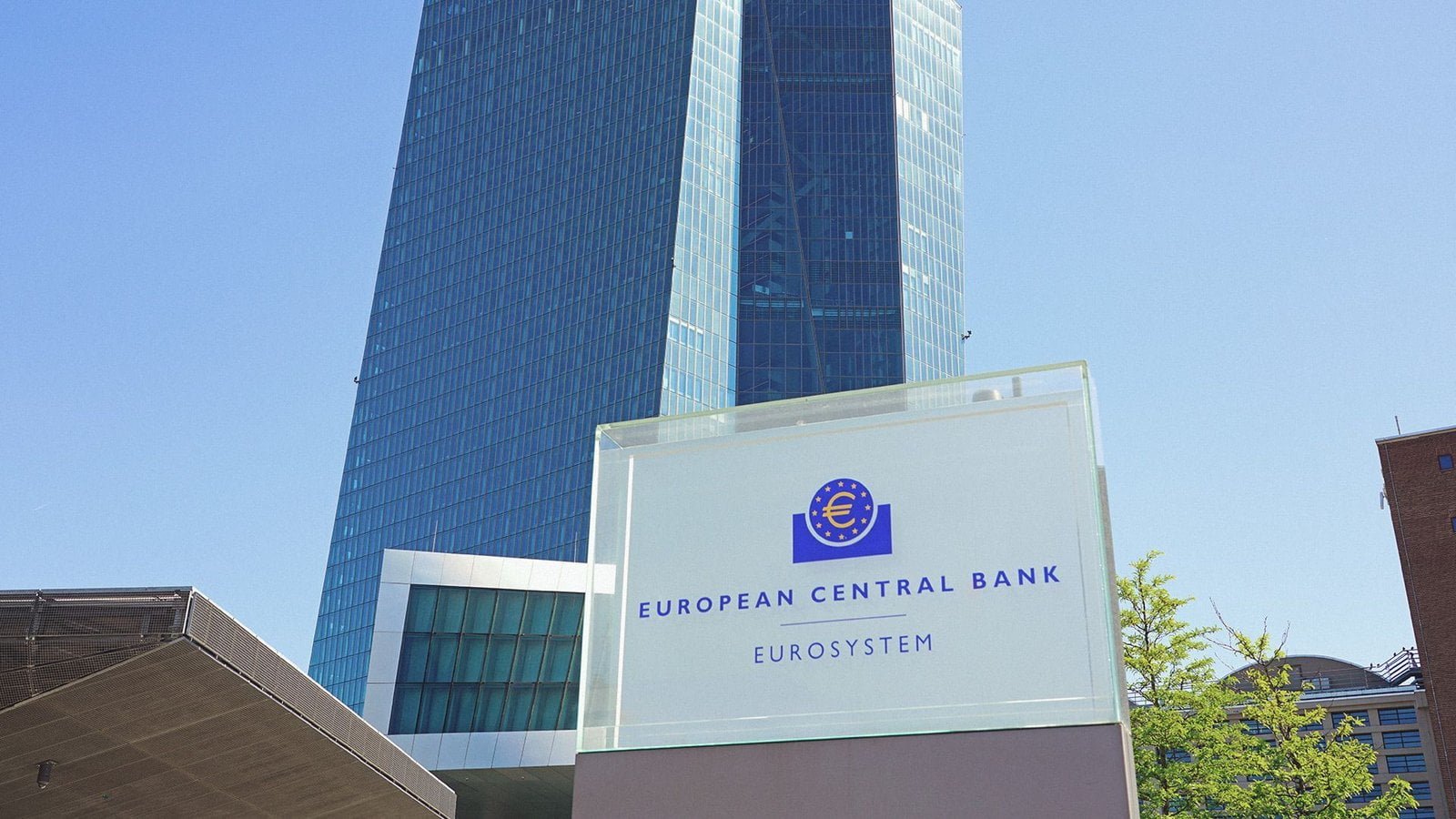ECB Chooses Amazon and 4 Other Companies to Help Develop Digital Euro – In a statement released on Friday, the European Central Bank (ECB) said it would work with five businesses “to develop potential user interfaces” for a digital euro. The purpose of this prototyping effort, according to the ECB, is to evaluate how well the technology behind a digital euro fits with business prototypes.
Each selected company will work with the ECB and concentrate on a single use case of a digital euro. The focus will be on peer-to-peer internet payments from Caixabank and Worldline. Point-of-sale transactions that the payer initiates will be the focus of EPI and Nexi. Amazon will prioritize payments in e-commerce.
People Also Read: European Union to Launch Global Metaverse Regulation Initiative in 2023
The European Central Bank stated that the five businesses were picked from a pool of 54 front-end service providers and added that they best fit the “particular capabilities” necessary for the designated use case.
The ECB stressed:
“The prototyping exercise is an important element in the ongoing two-year investigation phase of the digital euro project. It is expected to be completed in the first quarter of 2023 when the ECB will also publish its findings.”
“Simulated transactions will be initiated using the front-end prototypes developed by the five companies and processed through the Eurosystem’s interface and back-end infrastructure,” the ECB noted. “There are no plans to re-use the prototypes in the subsequent phases of the digital euro project.”
People Also Read: Egypt’s Central Bank Issues Crypto Warning as Violators Risk Imprisonment
In October of last year, the ECB formally began looking at possible designs for its central bank digital currency (CBDC), a digital euro, noting that the inquiry phase should take roughly two years. A digital version of the euro, according to ECB President Christine Lagarde, would not replace currency but rather supplement it. A digital euro would make it simpler and give you more options for how to pay, promoting accessibility and inclusiveness, she said.




